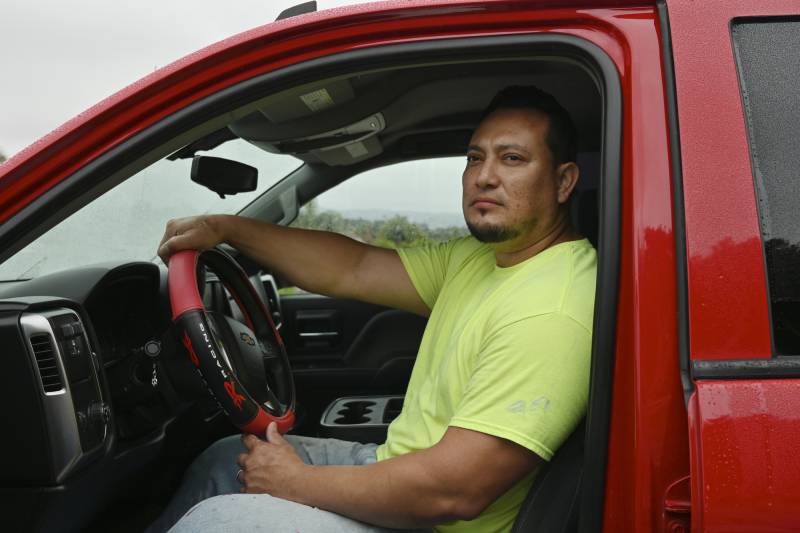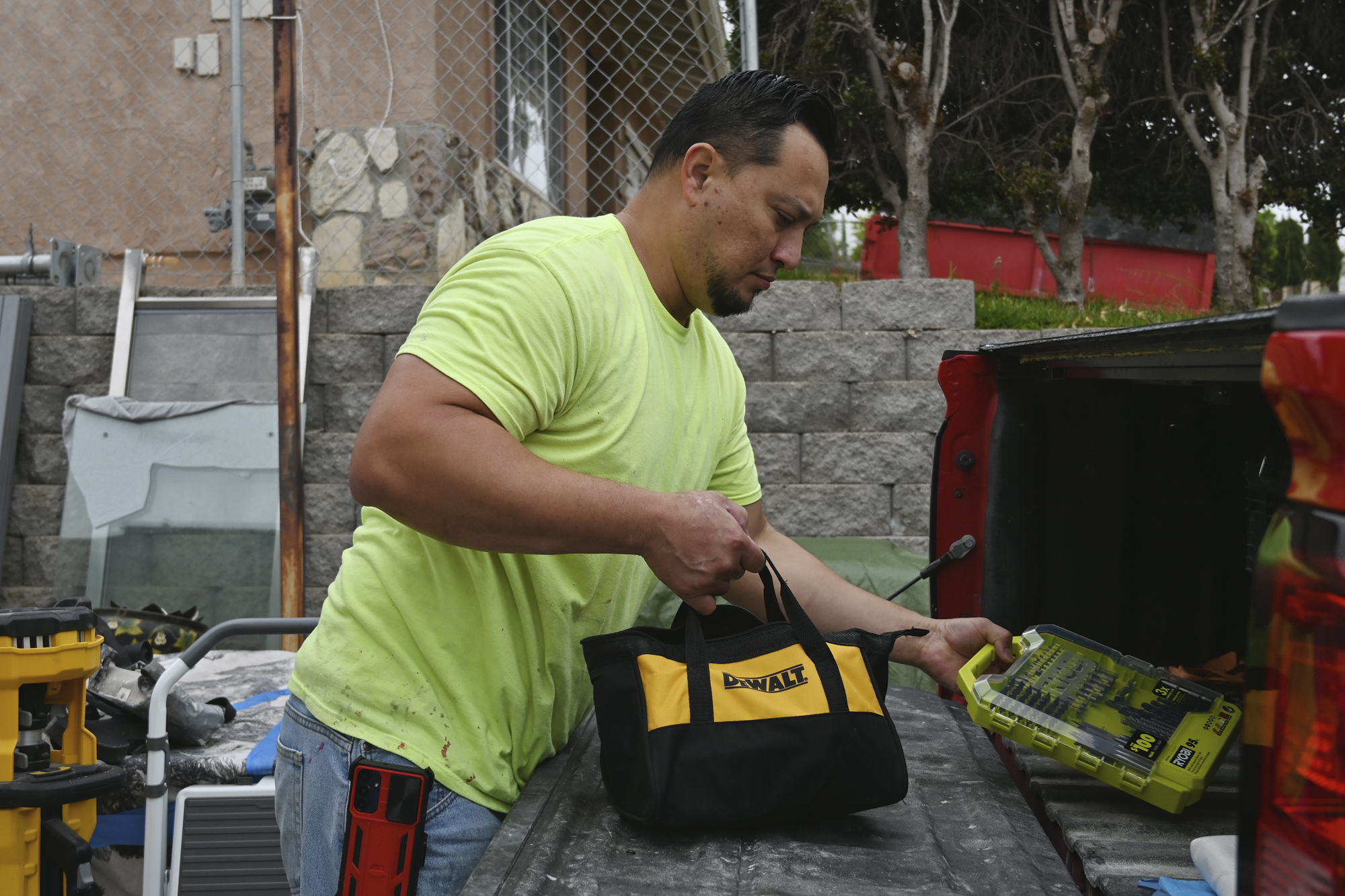San Diego County is stepping up efforts to help residents recover wages they’re owed while fronting them up to $3,000 through a new Workplace Justice Fund.
Over the last decade, thousands of wage claims have remained unpaid even after state authorities ruled in favor of workers and ordered their employers to pay. Part of the challenge for many wage-theft victims is that they are essentially left on their own to try to collect that debt, a process that can be time-consuming and onerous.
To support dozens of workers with low-income who are waiting for unpaid wage judgments, the county’s Workplace Justice Fund has distributed roughly $100,000. San Diego’s debt collections agency then also takes on their cases and works to get them paid.
“This program is an example of a county really serving workers in a creative and innovative way, and showing that the county has their back,” said Terri Gerstein, a former wage-theft investigator who now directs the Wagner Labor Initiative at New York University. “Employers who are law-abiding should know that programs like this will enable them to have more fair competition.”
The pilot program is the first of its kind, according to both Gerstein and county officials.
On paper, California has some of the strongest employee protections in the nation. Yet, as of last summer, more than 6,500 cases with wage claim judgments since 2013 remained completely unpaid, according to the California Labor Commissioner’s Office. The amount in back wages, penalties and interest owed totaled $84.6 million. The agency did not provide KQED with more recent figures.


